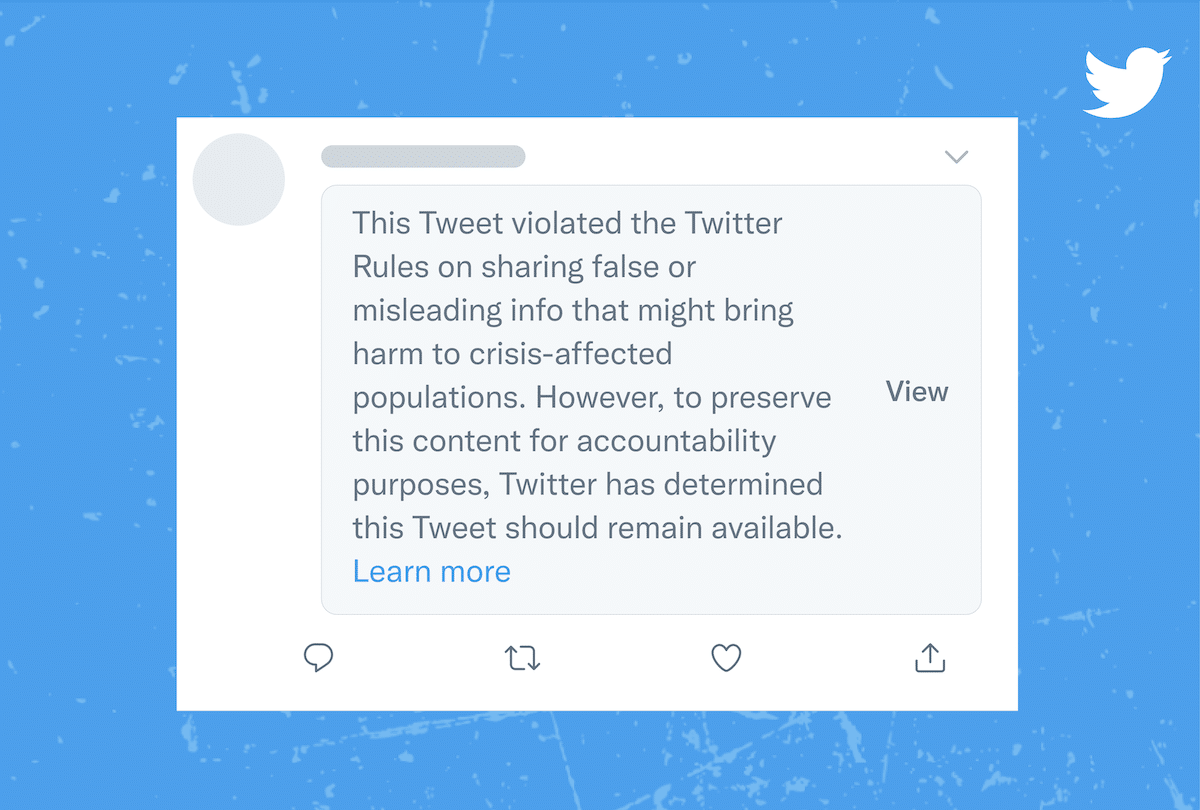To stop the spread of unreliable and unverified information about a crisis on its platform, Twitter has introduced a new global “crisis misinformation policy”.
As per the new policy, Twitter defines “crisis” as situations of armed conflict, health emergencies, natural disasters, or events that include threats to life and physical safety. And information considered unreliable and inaccurate related to those crises will be flagged and barred from being shared on the platform.
However, it also raises concerns about restricting free speech and narrows down the scope of open discussion on controversial topics like genocide, abortion, sexuality, and others.

Is Twitter’s new crisis policy a threat to free speech?
Previously, Twitter only displayed the “this is disputed” alerts on misleading tweets. Explaining that misinformation related to a global crisis can cause irremediable harm, especially to vulnerable communities, now the platform has completely barred the spread of false or misleading reporting.
Some examples of Tweets that we may add a warning notice to include:
- False allegations regarding the use of force, incursions on territorial sovereignty, or the use of weapons;
- Demonstrably false or misleading allegations of war crimes or mass atrocities against specific populations;
- False information regarding international community response, sanctions, defensive actions, or humanitarian operations.

Such Tweets will not be recommended across the platform and users will be required to click through the warning notice to view the content. Furthermore, actions like “Likes, Retweets, and Shares” will be disabled.
In my opinion, this policy contains red flags and has the potential to suppress the voices of vulnerable communities that do not have the reach or influence to change the minds of policymakers in their favor.